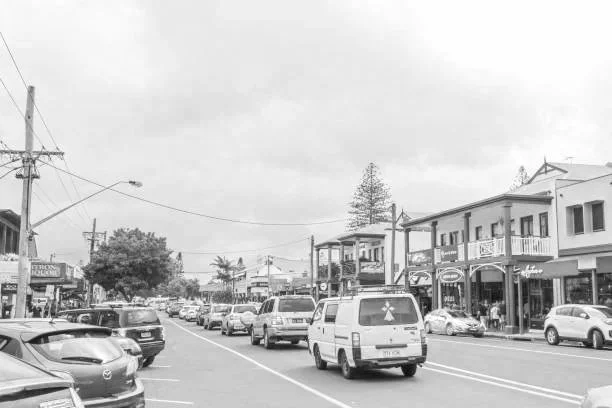Carer Support for Individuals Experiencing a Suicidal Crisis: Queensland Health
Status: Completed late 2021
Client: Queensland Health
Partners: Wesley Mission Queensland & Roses in the Ocean
Background
In late 2019, Queensland Health commissioned Wesley Mission Queensland, in partnership with Beacon Strategies and Roses In The Ocean, to develop, test and evaluate a suicide prevention carer support program based on the Gold Coast.
The program was part of the broader Suicide Prevention in Health Services Initiative which aimed to identify and translate the evidence base for suicide prevention in the health service delivery context. Support for carers of people experiencing a suicidal crisis was identified as a priority investment within the Initiative’s Action Plan.
Approach
Between January and April 2020, the project partners undertook a structured service design process, consisting of:
Project steering group — a collaborative governance mechanism to guide, oversee and sustain the delivery of the project
Service audit — analysis of current and/or previous models of support for carers relating to suicide prevention or more broadly
Literature review — review of the evidence base relating to models of carer-focused support
Co-design — direct and meaningful engagement with people with a lived experience of suicide and other key local stakeholders to design a ‘proof of concept’ service model
Establishment and implementation plan — an ‘implementation ready’ service model able to be implemented within the context of COVID-19, existing suicide prevention services and available resources
Following the completion of the ‘design phase’ of the project in mid-2020, Wesley Mission Queensland established and commenced delivering the Crossing Paths program.
The original rationale for the service as part of the Suicide Prevention in Health Services Initiative was to develop and test an innovative model of care as a proof of concept that could be evaluated in order to guide replication by other Hospital and Health Services (HHSs) across Queensland. Beacon Strategies continued to support WMQ alongside the delivery of the service as the external evaluation partner, with a report on the outcomes and process learnings developed in mid-2021.
Outcomes
Design
The project team designed a ‘proof of concept’ service model for testing and evaluation based on a literature review and service audit, co-design sessions with people with lived experience and local stakeholders and further exploration by the project governance group.
The co-design process was central to the design of the model to ensure the voices of lived experience were prioritised. The felt needs of carers captured through this process are outlined in the image below:
The co-design process eventuated in the development program logic model which visually depicts how inputs are operationalised and generate outputs/outcomes. See the model below:
The image above represents the findings from co-design sessions that ensured the voices of lived experience was prioritised.
Evaluation
As the evaluation lead for the project, Beacon Strategies was responsible for monitoring and evaluating the initial 12 months of implementation to contribute to the evidence base and guide potential replication by other Hospital and Health Services across Queensland.
The evaluation approach was designed to consider the program from several perspectives or domains — appropriateness, effectiveness, implementation, impact and sustainability. Guided by a set of evaluation questions, the evaluation team collated, collected and analysed relevant data from supplied program documentation, client data collected by program staff, self-report outcomes survey, qualitative interviews and focus groups with key stakeholders (e.g. participating carers, program staff, local partner organisations). The findings were considered and discussed in the context of the evidence base and strategic environment.
During the co-design process, 7 essential components of the service model were identified.
These components aim to meet the needs of carers at various stages of their carer journey. Delivery of the service is supported through several program-level functions focused on community building, workforce development, and program governance and management. The co-design process also identified 5 meaningful objectives for the model.
The program logic model below reflects these components and outcomes.
The model above is a program logic model that identifies the outputs and outcomes for the service model,
If you want to know more about our evaluation process, head to this page. Read more of our evaluation project below.




